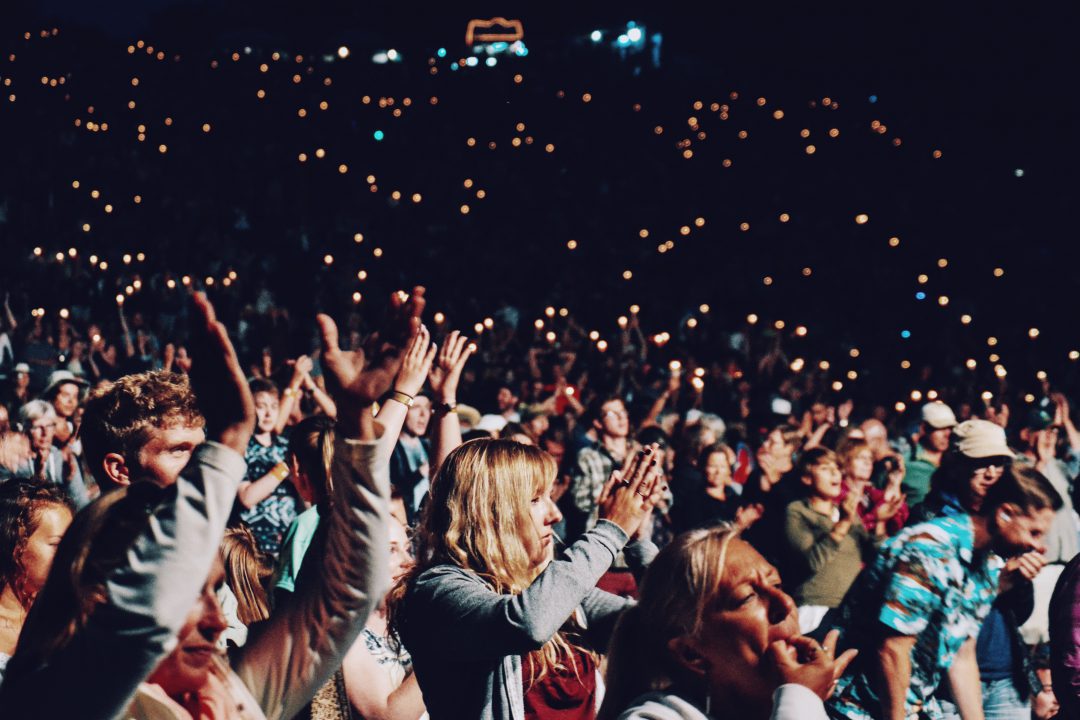By Dr. Susan Finley
“Strumming my pain with his fingers
Singing my life with his words
Killing me softly with his song” — Roberta Flack
Great musicians/bands CONNECT people. All over the world, fans gravitate to music that makes them FEEL something: “I relate to the lyrics,” “I feel their joy/pain,” “It sounds like they are singing directly to me/about my life.” Experiencing life in constant loneliness is an all-too-familiar state for those struggling with alcohol and substance use. The yearning to come out of isolation, feel ALIVE, and make a lasting connection with others is not only a common desire for those struggling with addiction, it is essential for recovery.
“What’s the frequency, Kenneth?” is your Benzedrine, uh-huh
I was brain-dead, locked out, numb, not up to speed
I thought I’d pegged you an idiot’s dream
Tunnel vision from the outsider’s screen” – R.E.M.
Sounds can be beautiful, frightening, curious, and exhilarating. We create bonds through the use of sound: music being the perfect example. Individuals respond to certain types of music, allowing them to tap into deeper emotion. Think back to a time when you heard a great band perform live in concert, or that high when your favorite song plays on the radio. One of the best parts of attending a live concert is the bond already established in its audience members before the first chord is ever played! Fans who enjoy similar music tend to have more in common than they may think. For example, the scientific way music affects the entire body through sound, rhythm, pitch, and more indicates a deeper connection than just similar taste in Spotify.
The Science Behind Sound
We rely on the use of sound as one of our five senses to communicate and send messages every day. Sound works by traveling in waves: the vibration of objects from one location to another through means of particle-to-particle interaction. Considering the fact that the human body is made up of nearly 70% water (depending on age, weight, and gender), it makes sense that individuals are not only emotionally affected by sound, but also have a physiological reaction as well (how the sound waves move throughout the body).
“Rhythm is a dancer,
it’s a soul’s companion,
you can feel it everywhere” –Snap!
The word “rhythmos,” is Greek for rhein or “to flow.” Rhythm is an ordered alternation of contrasting elements. It’s no wonder dancing goes hand-in-hand with enjoying the sounds of music. Music Therapy and Dance/Movement Therapy are effective for a reason, and it begins with science.
Taking it to the Next Level
Some colleges and housing boards ask freshmen to list their musical preference (along with room temperature, lifestyle, routine, etc.) on dormitory surveys as a tool to assist in placing them with compatible roommates. Online dating sites generally have a category that allows the user to list musical preferences as well. Given what we know about music and how it affects us (emotionally, physically, and cognitively) it’s no wonder music can be used as a means to find and create a connection between people. Individuals who are moving away from a lifestyle once ruled by alcohol and substance use will be pleased to find that music is a powerful tool used for healing and recovery.
Susan Finley, Ed.D., NCC is a professor, published researcher, and social media consultant for therapists. She is a National Certified Counselor (NCC), Board Certified-TeleMental Health Provider (BC-TMH), and Suicide Prevention Instructor (QPR) under the National Board for Certified Counselors.
How to Contact Passages Addiction Treatment Centers:
Call Passages Addiction Treatment Centers today if you or a loved one is battling an addiction to drugs and alcohol. Our admissions department is available 24/7 and can be reached directly by calling our toll-free number at (888) 397-0112. We look forward to speaking with you soon.
Passages, Where Addiction Ends and Life Begins™
Follow us on Facebook, Twitter, Instagram, and Pinterest! We love connecting with our audience.
